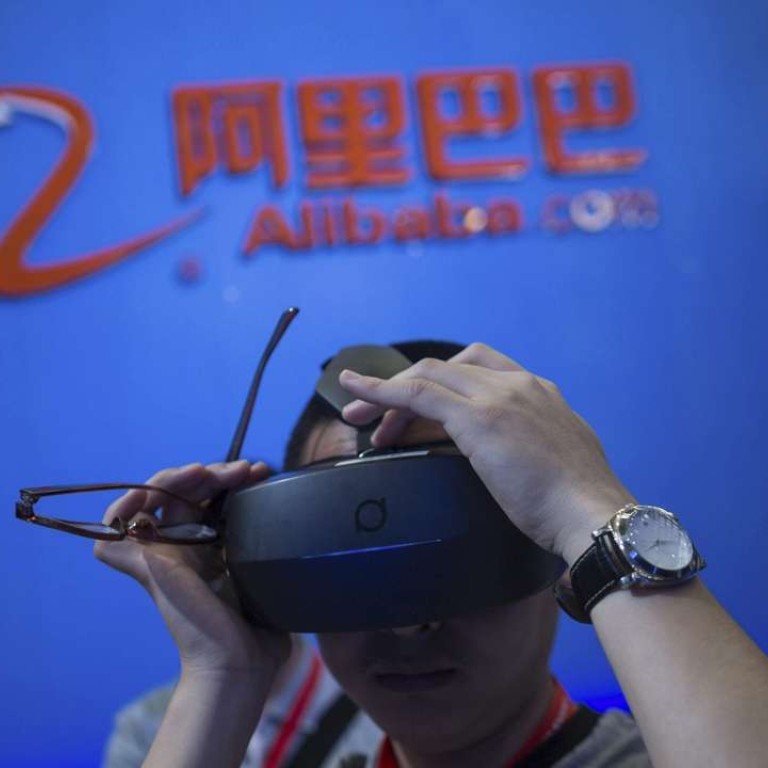
European tech start-ups keen on China market but scared of copycats
European technology start-ups, especially those developing smart devices, are eager to enter China but remain wary of censorship and intellectual property theft in the country.
A number of participants at e-commerce giant Alibaba Group’s inaugural Consumer Electronics (CE) China show in Shenzhen raised this point as they showcased their products at the fair, Alibaba’s first foray in mainland China’s trade exhibition industry.
The Hangzhou-based company’s Tmall.com business-to-consumer platform has partnered with the organisers of the Internationale Funkausstellung Berlin (IFA) to stage the event, which concludes on Friday.
More than a fifth of the show’s 150 exhibitors are from overseas and newcomers to the Chinese market. They are looking for partnership with popular Chinese e-commerce platforms like JD, Suning and Taobao as their first step, according to Jens Heithecker, global executive director of IFA.
“They are looking for retail channels in China, as well as informing Chinese customers about their brands and latest products. Most exhibitors are small and medium-sized enterprises from Europe. They are taking the Chinese market very seriously,” Heithecker said.
China is becoming one of the biggest consumer electronics markets, with a big appetite for high-end and innovative products, said Steve Lewis, founder of Veho, a manufacturer of lifestyle consumer electronics from the United Kingdom.
“I focused on the US and Europe markets before. But now we can see the Chinese tech industry is booming, and currently, there are more Chinese people looking for good-quality tech products,” he said.
Lewis said his products, including drones and action cameras, have started being sold this year through China’s popular electronics retail platforms, including Suning and JD. He said he would join hands with more Chinese e-commerce partners to expand its market share in the country.
The domestic brands are much cheaper than his drones, Lewis said, but added that he would have a competitive advantage when it comes to fashion and design.
Chipolo, a three-year-old start-up from Slovenia producing bluetooth trackers for phones, keys and wallets, was one of the most popular brands at the show.
The start-up’s co-funder, Tadej Jevsevar, said the products were already successful in Europe and that it is a good time to develop the Chinese market, where the number of smartphone users is vast.
“It’s my first time in China. I found the market very open to innovation and start-up brands,” Jevsevar said, adding that he is thinking of mass-producing in Guangdong to lower the cost.
But both Lewis and Jevsevar expressed concerns about copycats and lack of unfettered internet access, which could hinder product promotion.
“We make use of social media to promote our products in the world…But that can’t work in China as most of them, like Facebook and twitter, are blocked here,” Lewis said.
He is planning to set up sales office in Shenzhen this year to accelerate promotion and sales localisation.
“We hear copycats are common in Shenzhen. We’ll try to keep our software the most advanced of its kind.” Jevsevar said.

